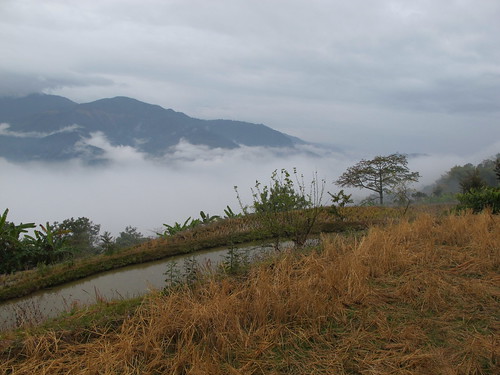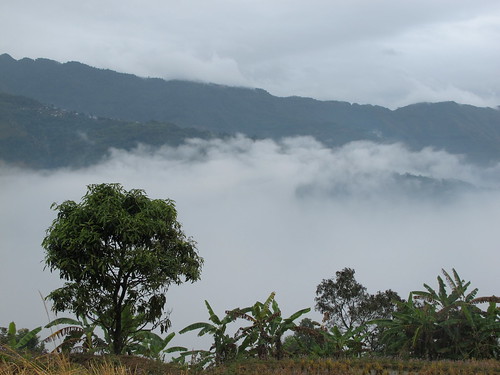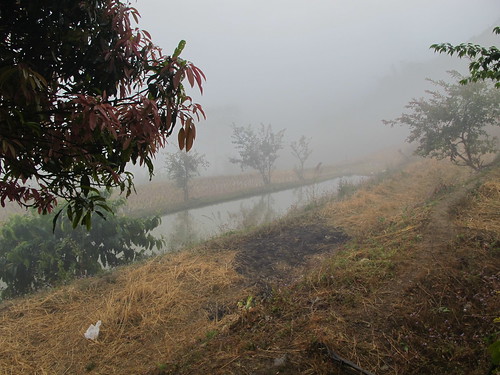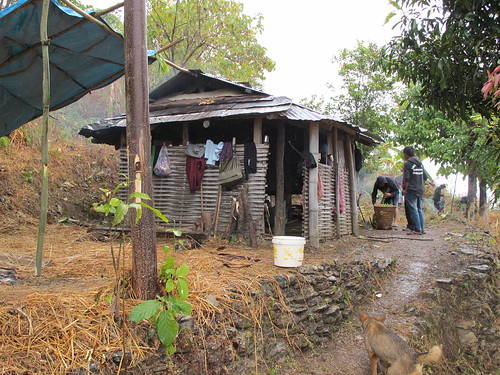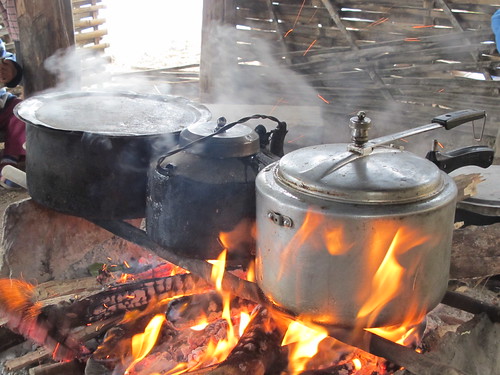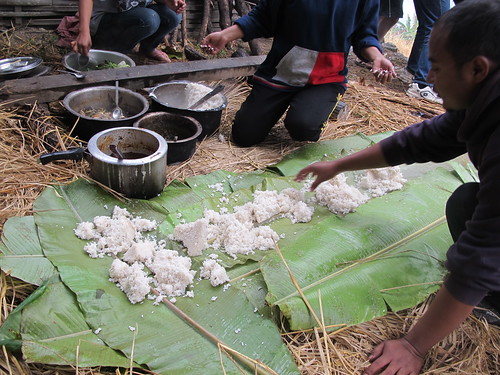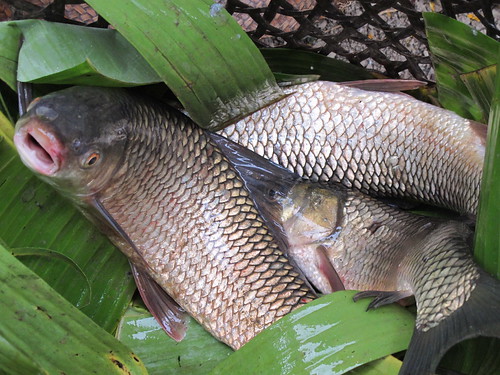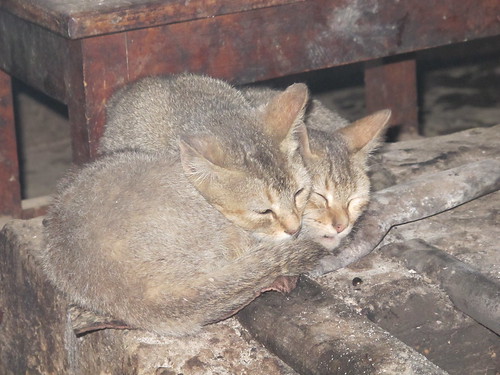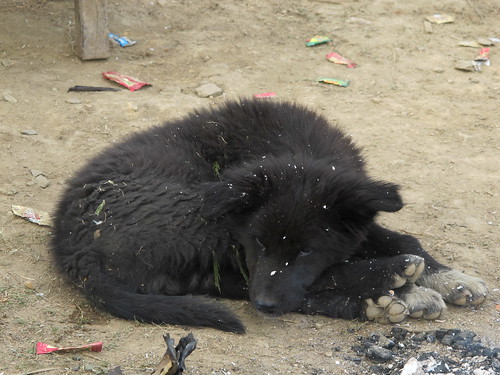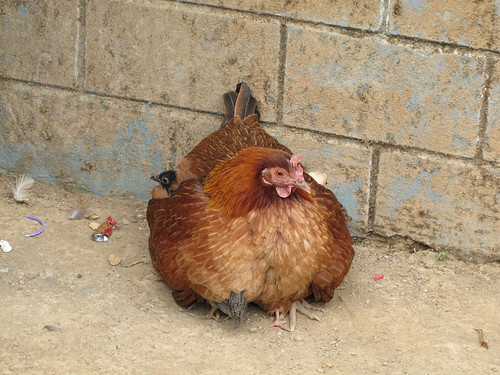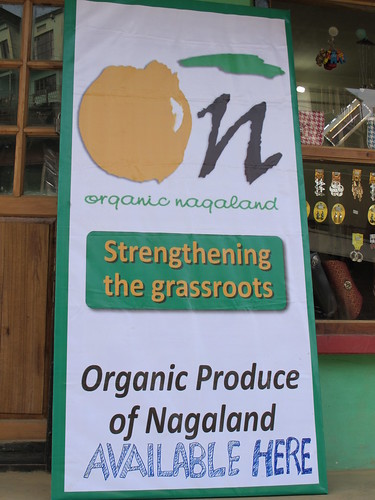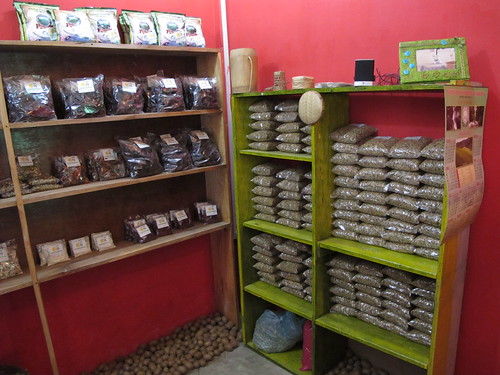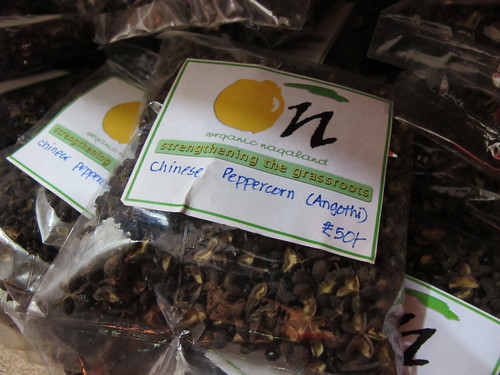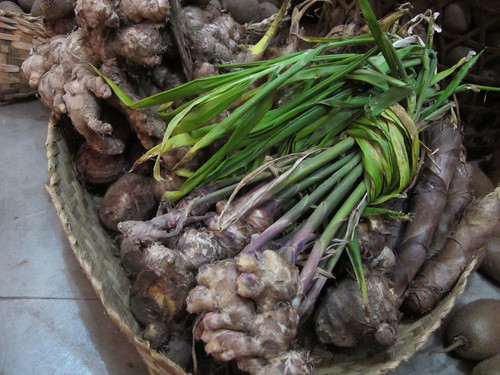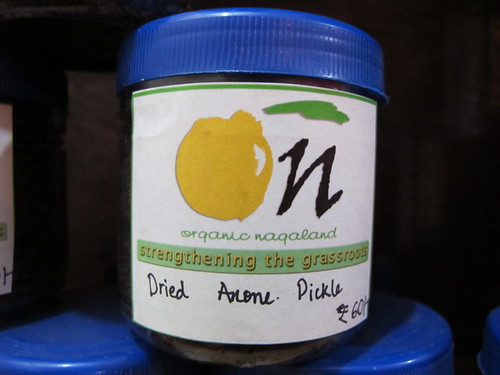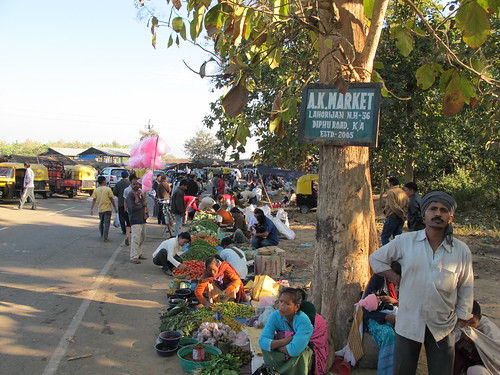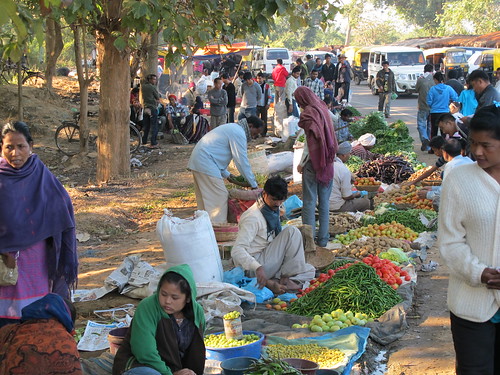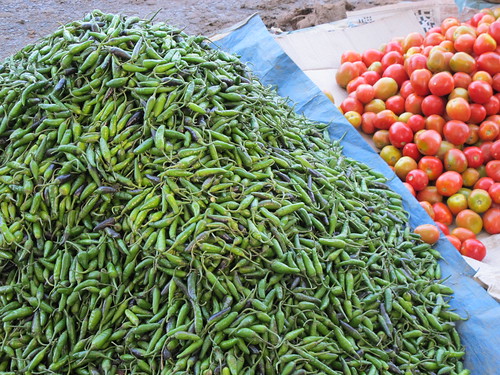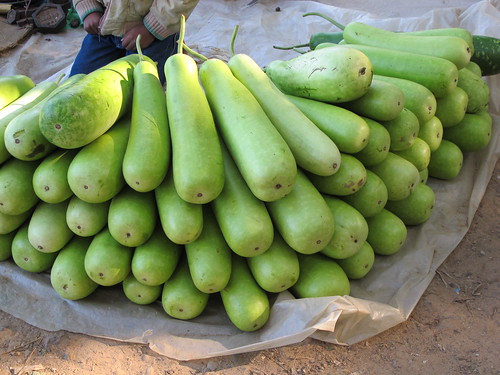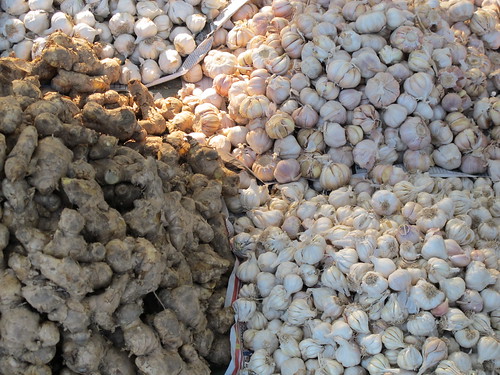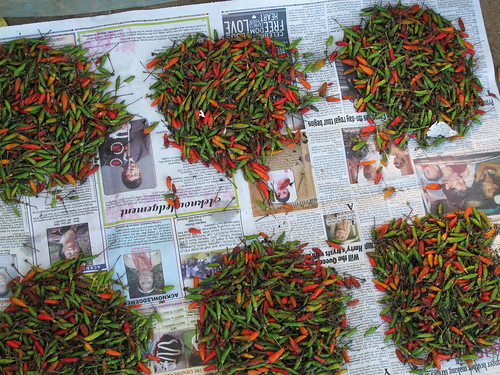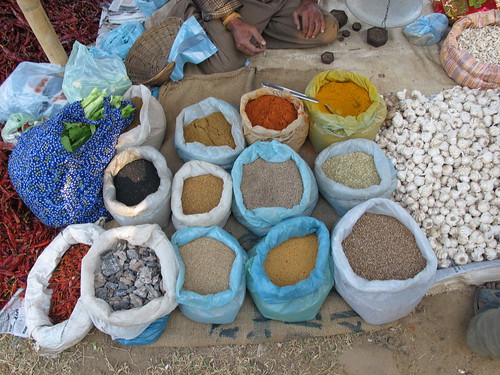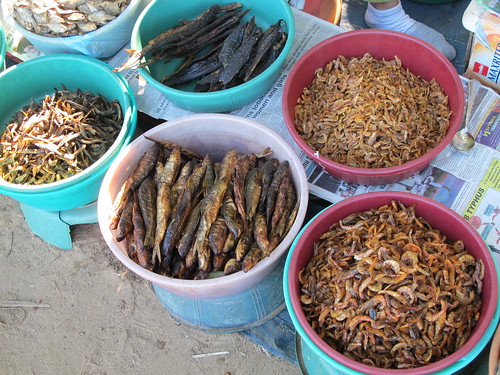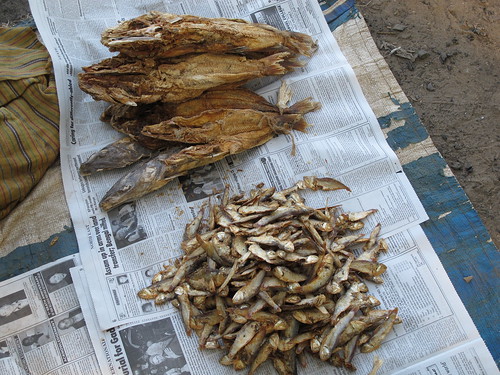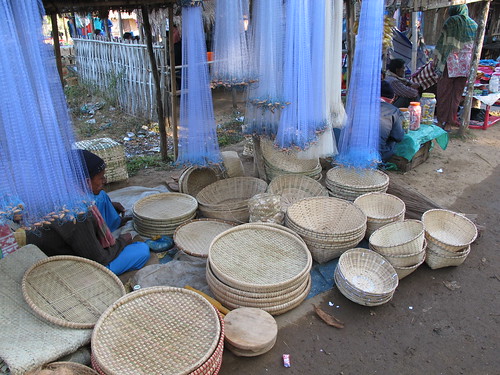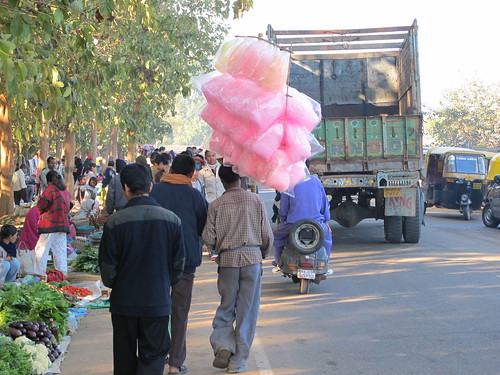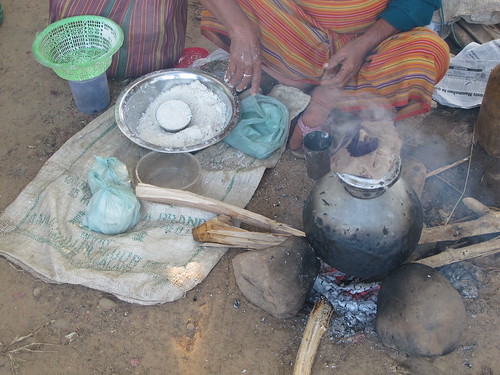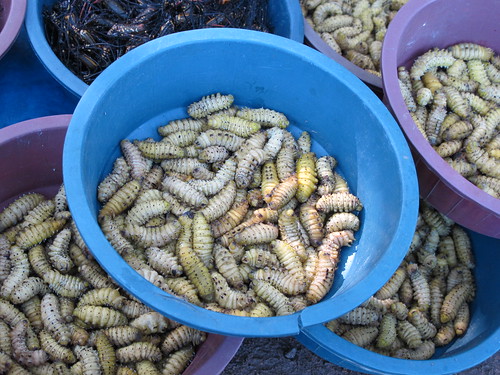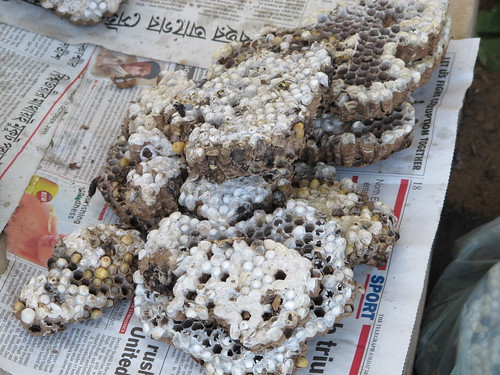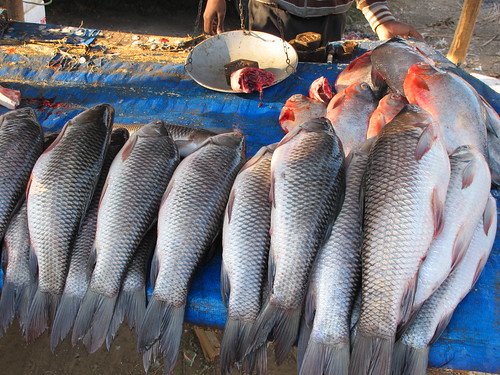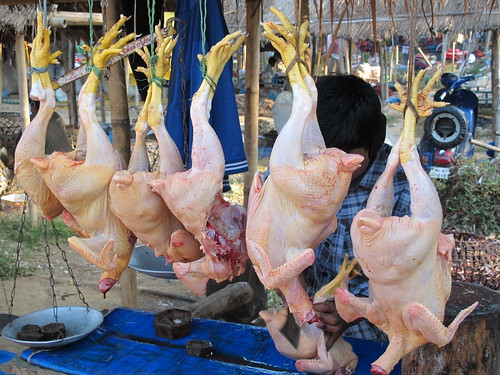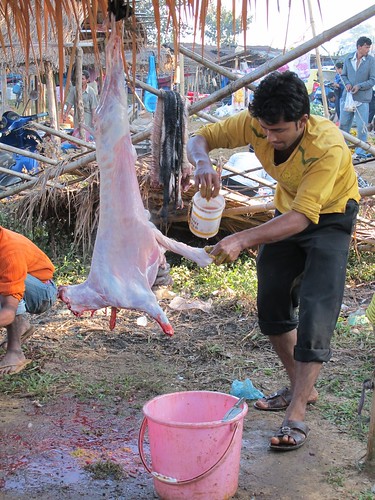About three weeks into my current stay in Guwahati, I discovered an absolute gem on GS Road, just two bus stops away from where I'm staying in Paltan Bazar. It's a little patisserie in Lachit Nagar (opposite the KFC) called "Patisserie Operaa". It's named for the famous 'opera cake'. I can only assume the double 'a' in Opera is to prevent any confusion as the pronunciation of the last vowel (since a single 'a' is often used in transliterations of Assamese for the vowel /ɔ/, similar to the vowel in English 'hot', not /a/.)

I'd seen the patisserie each time I'd gone down GS Road, and I was immediately attracted by the interior decor. It's one of the few places here I'd actually feel comfortable sitting around in for hours.


Of course, I've been to places here with nice interiors, but simply awful food (which I tend to put up with anyway just so I have somewhere to sit and read or do work). But the pastry chef at Patisserie Operaa trained at Le Cordon Bleu Institute in London, and it really shows in the cakes and pastries. I'm still blown away each time I go and try their cake - part of me can't believe that I'm in Guwahati!
So far, I've avoided the cakes with white cream on them, only because they remind me of the ubiquitous cakes with 'cream' toppings you find in bakeries all over this part of the world. But judging from the other cakes that I've tried, there's no reason to be worried.
Here's the eponymous Opera cake. The sponge had been soaked in coffee, and was moist without becoming soggy.

The fudge in the chocolate cake was rich and smooth, and not too sweet.

And the tiramisu had the right balance of coffee and cream. My friend L. from Germany agreed it was very good, but reckoned it could've had a bit more sponge in it.

I don't have any good photos of the rum balls, but they are simply amazing! Chocolate-y, rich, smooth. My friend L. bought about 9 to take with her to give to friends.
Also, the place does wonderful pastries (and quiche!) as well. I've only tried a few of them with my friend L., who left on the train the other day. When she was in town, we were at Patisserie Opera every day...

I'm really glad I waited 3 weeks before entering the patisserie, because I'd have put on a lot more weight during my first month in Guwahati! This is where I'm going to when I feel homesick (and not KFC across the street). Ironically, I don't think I'll be able to get cake as good as this when I move to Canberra next year.
Patisserie Operaa is located on GS Road, opposite the KFC in Lachit Nagar. The patisserie is open 7 days a week from 10.30am to 10.30pm.

I'd seen the patisserie each time I'd gone down GS Road, and I was immediately attracted by the interior decor. It's one of the few places here I'd actually feel comfortable sitting around in for hours.


Of course, I've been to places here with nice interiors, but simply awful food (which I tend to put up with anyway just so I have somewhere to sit and read or do work). But the pastry chef at Patisserie Operaa trained at Le Cordon Bleu Institute in London, and it really shows in the cakes and pastries. I'm still blown away each time I go and try their cake - part of me can't believe that I'm in Guwahati!
So far, I've avoided the cakes with white cream on them, only because they remind me of the ubiquitous cakes with 'cream' toppings you find in bakeries all over this part of the world. But judging from the other cakes that I've tried, there's no reason to be worried.
Here's the eponymous Opera cake. The sponge had been soaked in coffee, and was moist without becoming soggy.

The fudge in the chocolate cake was rich and smooth, and not too sweet.

And the tiramisu had the right balance of coffee and cream. My friend L. from Germany agreed it was very good, but reckoned it could've had a bit more sponge in it.

I don't have any good photos of the rum balls, but they are simply amazing! Chocolate-y, rich, smooth. My friend L. bought about 9 to take with her to give to friends.
Also, the place does wonderful pastries (and quiche!) as well. I've only tried a few of them with my friend L., who left on the train the other day. When she was in town, we were at Patisserie Opera every day...

I'm really glad I waited 3 weeks before entering the patisserie, because I'd have put on a lot more weight during my first month in Guwahati! This is where I'm going to when I feel homesick (and not KFC across the street). Ironically, I don't think I'll be able to get cake as good as this when I move to Canberra next year.
Patisserie Operaa is located on GS Road, opposite the KFC in Lachit Nagar. The patisserie is open 7 days a week from 10.30am to 10.30pm.

